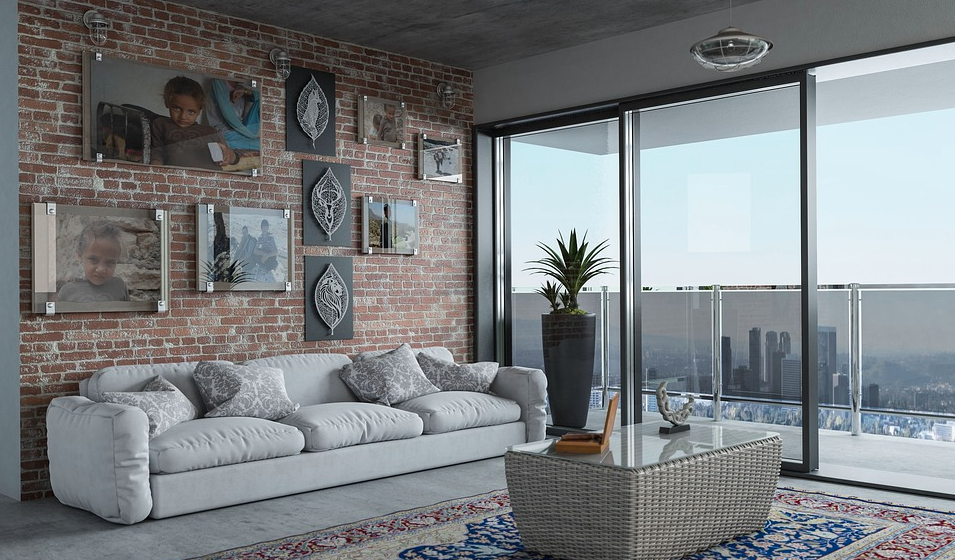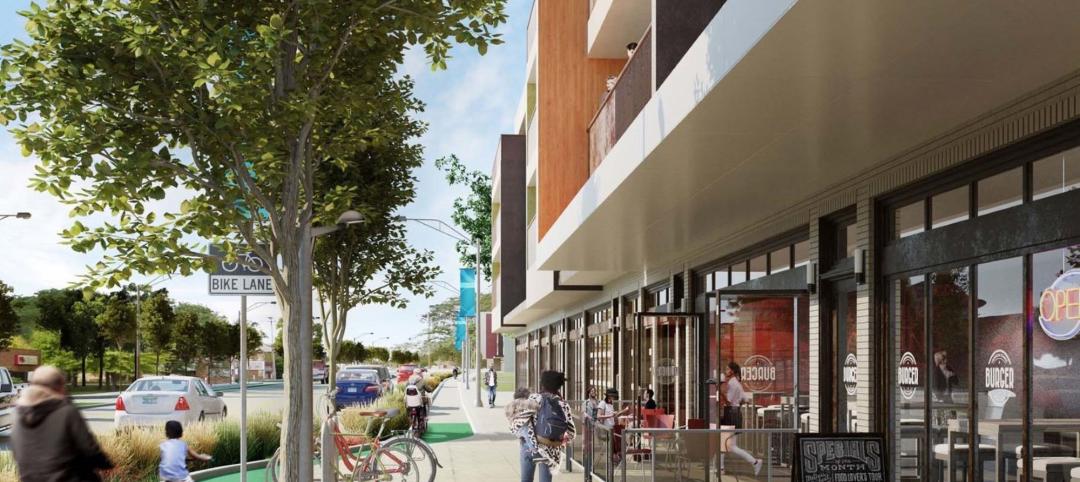The apartment sector continued its strong economic run last year, reflected in the National Multifamily Housing Council’s (NMHC) newly released 2018 NMHC 50—the authoritative ranking of the nation’s largest apartment owners, manager, developers, builders, and syndicators.
MAA (headquartered in Memphis, Tenn.) was the country’s largest apartment owner, with 99,792 apartment homes owned.
Greystar Real Estate Partners (headquartered in Charleston, S.C.) remained the largest apartment manager, with 418,475 apartments under management. Greystar also remained the top apartment developer with 5,651 apartments started in 2017.
Summit Contracting Group, Inc. (headquartered in Jacksonville, Fla.) took the spot as the nation’s top third-party apartment builder, starting 6,053 apartments in 2017.
Alden Torch Financial (headquartered in Denver) continued as the country’s largest apartment tax credit syndicator, with 162,123 apartments syndicated.
“Strong underlying demand and investment performance metrics continue to buoy the market,” said Mark Obrinsky, NMHC’s Senior Vice President of Research and Chief Economist. “While there may have been some signs of deceleration and market leaders have shifted strategies, the industry’s fundamentals remain robust.”
Additional industry and NMHC 50 highlights:
* 2,066,945: number of units collectively owned by the firms on the NMHC 50 top owners list, representing 10.1% of the total apartment stock in the U.S.
* 3,282,557: number of total units managed by the firms on the NMHC 50 top managers list, an all-time high and a 3.3% growth over last year.
* 95.1%: apartment occupancy rate in 2017, according to RealPage; this is slightly below the unusually high levels of the last few years, but well above the post-1999 average of 94.4%.
* 346,900: number of apartments completed in 2017, according to the Census Bureau—the highest level since 1989.
* 343,037: absorptions of apartments in 2017, the best year since 2000 by a wide margin.
* $152.7 billion: total multifamily transaction volume for 2017, according to Real Capital Analytics.
NMHC partners with Kingsley Associates, a leading real estate research and consulting firm, to conduct the research and analysis for the NMHC 50. All apartment owners, managers, developers, builders, and syndicators are invited to answer a survey questionnaire that asks about their prior year’s activities. Apartment owners, managers and syndicators are ranked based on their portfolio holdings (either owned, managed or syndicated) as of January 1, 2018, while developers and builders are ranked based on the number of apartment units started in 2017.
For more details about the NMHC 50, including historical information, visit nmhc.org/The-NMHC-50.
Related Stories
MFPRO+ New Projects | Oct 30, 2024
BIG’s One High Line finally reaches completion in New York City’s West Chelsea neighborhood
One High Line, a luxury residential project spanning a full city block in New York’s West Chelsea neighborhood, reached completion this summer following years of delays related to investor lawsuits.
MFPRO+ New Projects | Oct 30, 2024
Luxury waterfront tower in Brooklyn features East River and Manhattan skyline views
Leasing recently began for The Dupont, a 41-story luxury rental property along the Brooklyn, N.Y., waterfront. Located within the 22-acre Greenpoint Landing, where it overlooks the newly constructed Newtown Barge Park, the high-rise features East River and Manhattan skyline views along with 20,000 sf of indoor and outdoor communal space.
Multifamily Housing | Oct 28, 2024
A case for mid-rise: How multifamily housing can reshape our cities
Often referred to as “five-over-ones,” the mid-rise apartment type is typically comprised of five stories of apartments on top of a concrete “podium” of ground-floor retail. The main criticism of the “five-over-one” is that they are often too predictable.
Adaptive Reuse | Oct 22, 2024
Adaptive reuse project transforms 1840s-era mill building into rental housing
A recently opened multifamily property in Lawrence, Mass., is an adaptive reuse of an 1840s-era mill building. Stone Mill Lofts is one of the first all-electric mixed-income multifamily properties in Massachusetts. The all-electric building meets ambitious modern energy codes and stringent National Park Service historic preservation guidelines.
MFPRO+ News | Oct 22, 2024
Project financing tempers robust demand for multifamily housing
AEC Giants with multifamily practices report that the sector has been struggling over the past year, despite the high demand for housing, especially affordable products.
Products and Materials | Oct 17, 2024
5 multifamily tech products for your next project
Multifamily housing and technological upgrades go hand-in-hand. From the rise in electric vehicle charging needs to the sophistication of smart home accessories, tech products are abound in the multifamily space.
Codes and Standards | Oct 16, 2024
North Carolina’s code policies likely worsened damage caused by Hurricane Helene
The North Carolina Legislature’s rejection of building code updates likely worsened the damage caused by Hurricane Helene, code experts say. Over the past 15 years, lawmakers rejected limits on construction on steep slopes, which might have reduced the number of homes destroyed by landslides.
MFPRO+ News | Oct 16, 2024
One-third of young adults say hurricanes like Helene and Milton will impact where they choose to live
Nearly one-third of U.S. residents between 18 and 34 years old say they are reconsidering where they want to move after seeing the damage wrought by Hurricane Helene, according to a Redfin report. About 15% of those over age 35 echoed their younger cohort’s sentiment.
Student Housing | Oct 9, 2024
University of Maryland begins work on $148 million graduate student housing development
The University of Maryland, in partnership with Campus Apartments and Mosaic Development Partners, has broken ground on a $148.75 million graduate student housing project on the university’s flagship College Park campus. The project will add 741 beds in 465 fully furnished apartments.
MFPRO+ News | Oct 9, 2024
San Francisco unveils guidelines to streamline office-to-residential conversions
The San Francisco Department of Building Inspection announced a series of new building code guidelines clarifying adaptive reuse code provisions and exceptions for converting office-to-residential buildings. Developed in response to the Commercial to Residential Adaptive Reuse program established in July 2023, the guidelines aim to increase the viability of converting underutilized office buildings into housing by reducing regulatory barriers in specific zoning districts downtown.

















